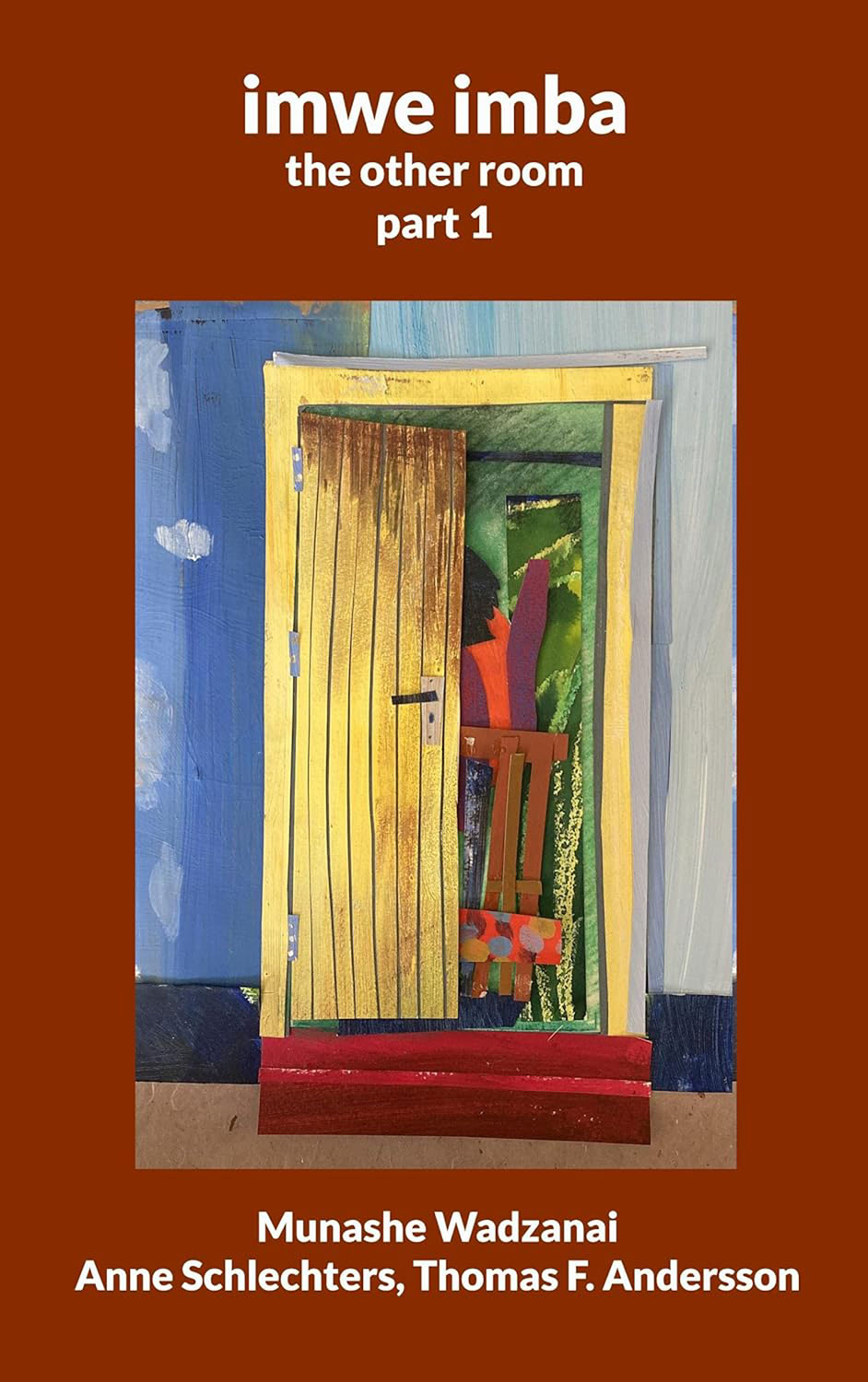DE: Bei der von Ihnen gewünschten Sprachwahl werden unsere Texte mit Hilfe von Google Ireland Limited maschinell übersetzt. Wir haben auf die korrekte Umsetzung und damit auf den Inhalt der Übersetzung keinen Einfluss. für die Verbraucherinformationen, die Inhalte der Angebote und des Vertrages, einschließlich Allgemeine Geschäftsbedingungen und Datennutzungshinweise gilt jeweils ausschließlich die deutsche Originalfassung.
Notice: The selected language is translated automatically using Google Ireland Limited services. We do not take responsibility for the correctness of the translation. For consumer information, contract content, including general terms and conditions and data usage notices, the original German version is binding.












